HEALTH CARE ACCESS:
Cuscateca has no health professionals or health center within the community. There is a health center in Linaca, about 2 km away. Cuscateca members attend medical and dental brigades in a nearby community, El Chaguite de Linaca.
*These statistics represent brigades in the community of El Chaguite de Linaca, where community members from Cuscateca attend Medical Brigades


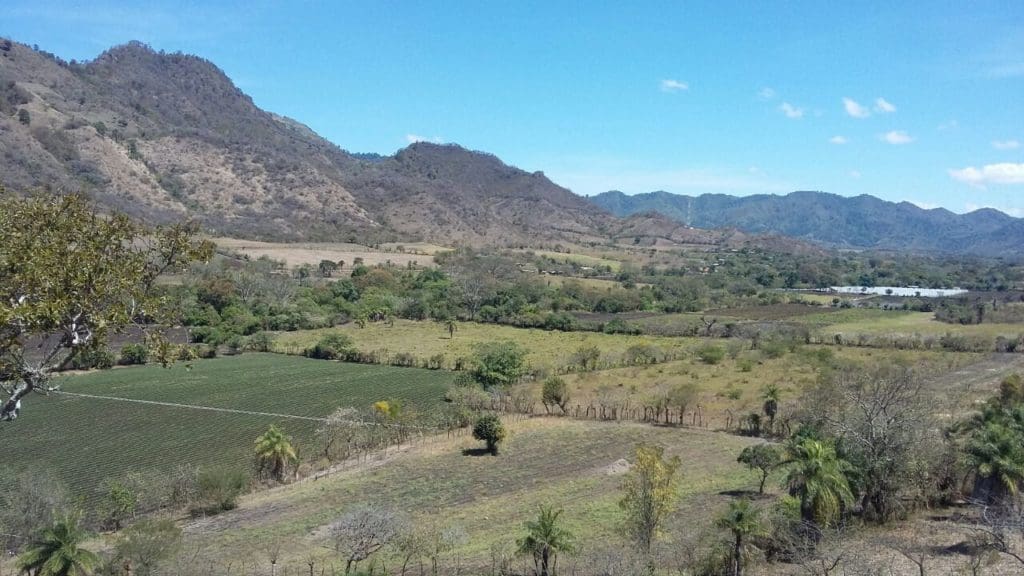 Cuscateca is located in the municipality of Danlí, El Paraíso, Honduras. Most community members work in agriculture, farming corn, beans, tomatoes, and peppers. Regardless of occupation, most families earn 100 lempiras a work day, or $4.44. It is common to work 6 days a week in order to earn enough money for the household. About 70% of the houses don’t have a working latrine in their household, and about half of the houses have dirt floors. The community does not have their own school, but the children are quite dedicated in their schooling. Many of them travel by bus to local primary schools, and even the older children travel to the nearest municipality to continue their education in high school.
Cuscateca is located in the municipality of Danlí, El Paraíso, Honduras. Most community members work in agriculture, farming corn, beans, tomatoes, and peppers. Regardless of occupation, most families earn 100 lempiras a work day, or $4.44. It is common to work 6 days a week in order to earn enough money for the household. About 70% of the houses don’t have a working latrine in their household, and about half of the houses have dirt floors. The community does not have their own school, but the children are quite dedicated in their schooling. Many of them travel by bus to local primary schools, and even the older children travel to the nearest municipality to continue their education in high school.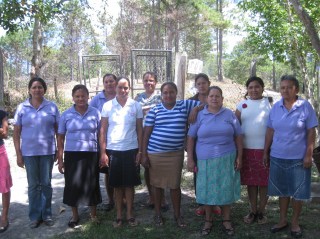 COMMUNITY HEALTH WORKERS:
COMMUNITY HEALTH WORKERS: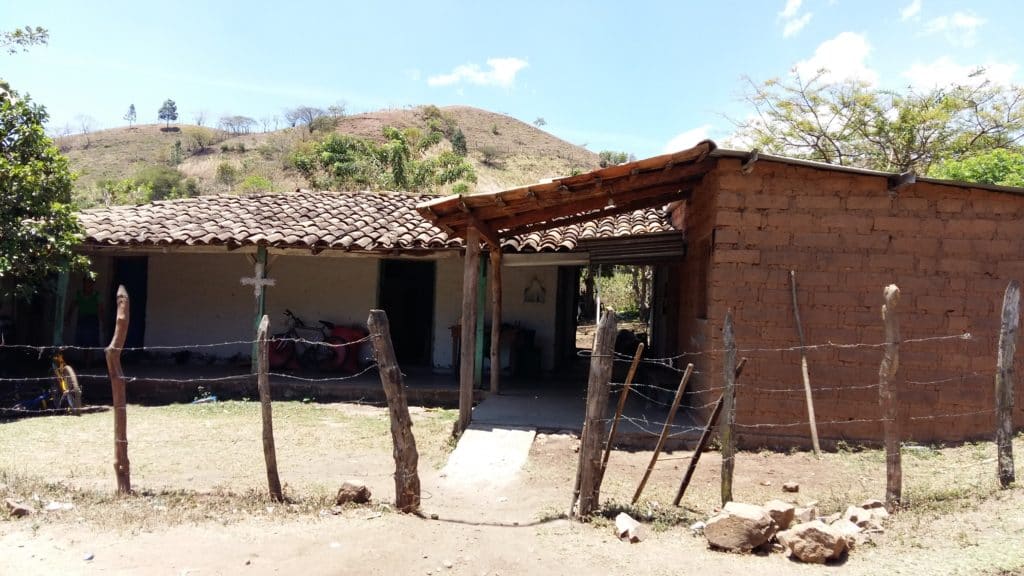 BRIGADE INFORMATION:
BRIGADE INFORMATION:
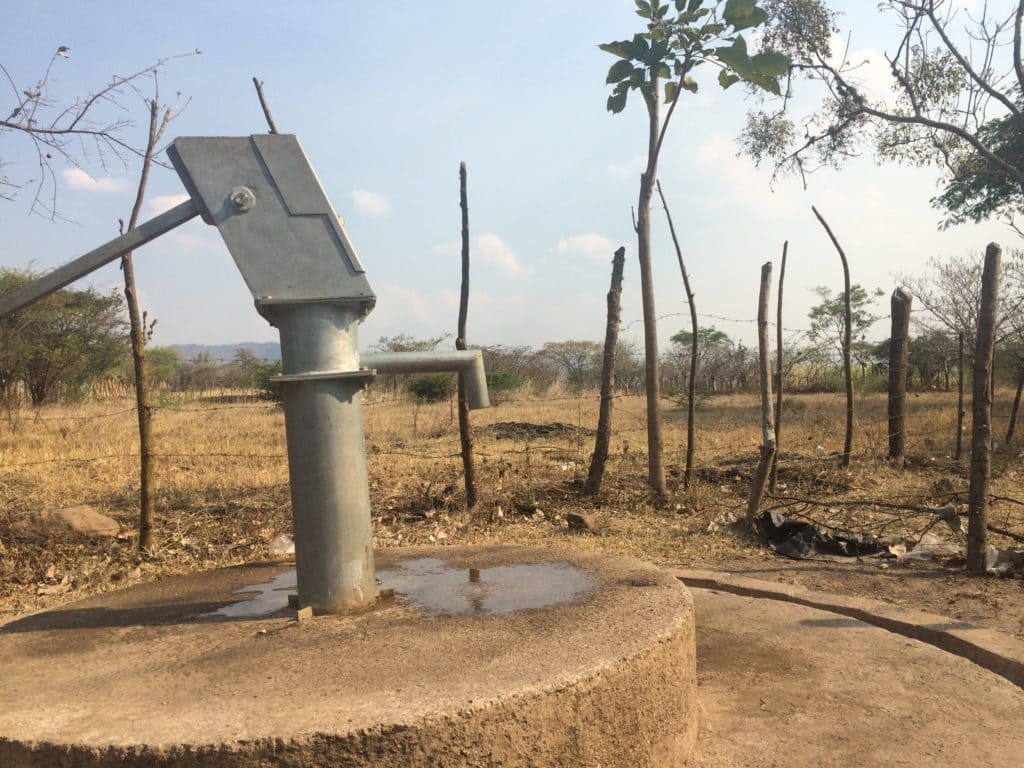
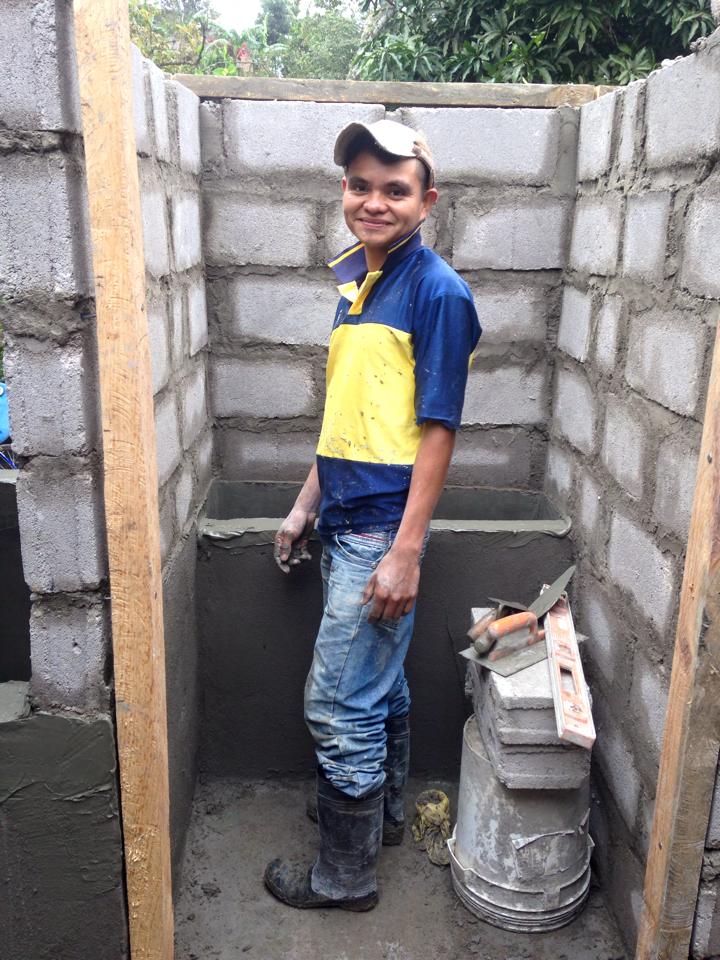 CUSCATECA’S PUBLIC HEALTH SOLUTION
CUSCATECA’S PUBLIC HEALTH SOLUTION